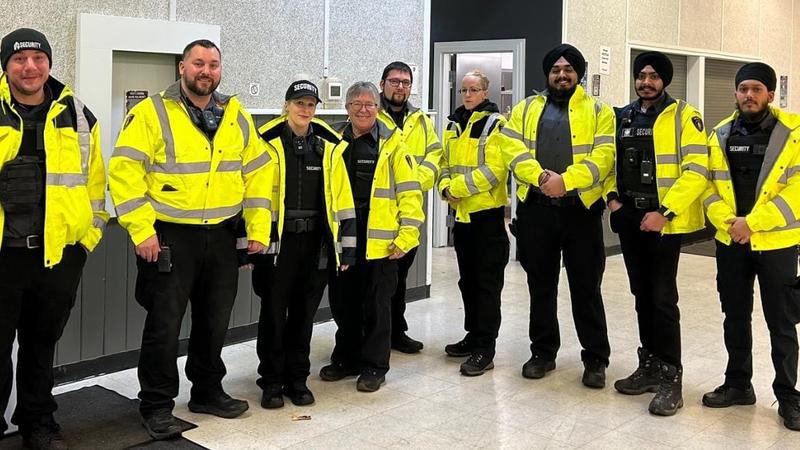
‘I don’t know’: Biden noncommittal on including Canadian vehicles in EV tax credit
WASHINGTON — U.S. President Joe Biden isn’t making any promises about whether he’s willing to alter his controversial tax credit proposal for new electric vehicles.
Biden, meeting with Prime Minister Justin Trudeau in the Oval Office, says that’s one of the issues the two leaders will talk about.
“I don’t know,” the president said, Trudeau seated to his right, when asked whether he might consider amending the proposal to avoid harming the Canadian auto industry.
“We’re going to talk about that to some extent.”


